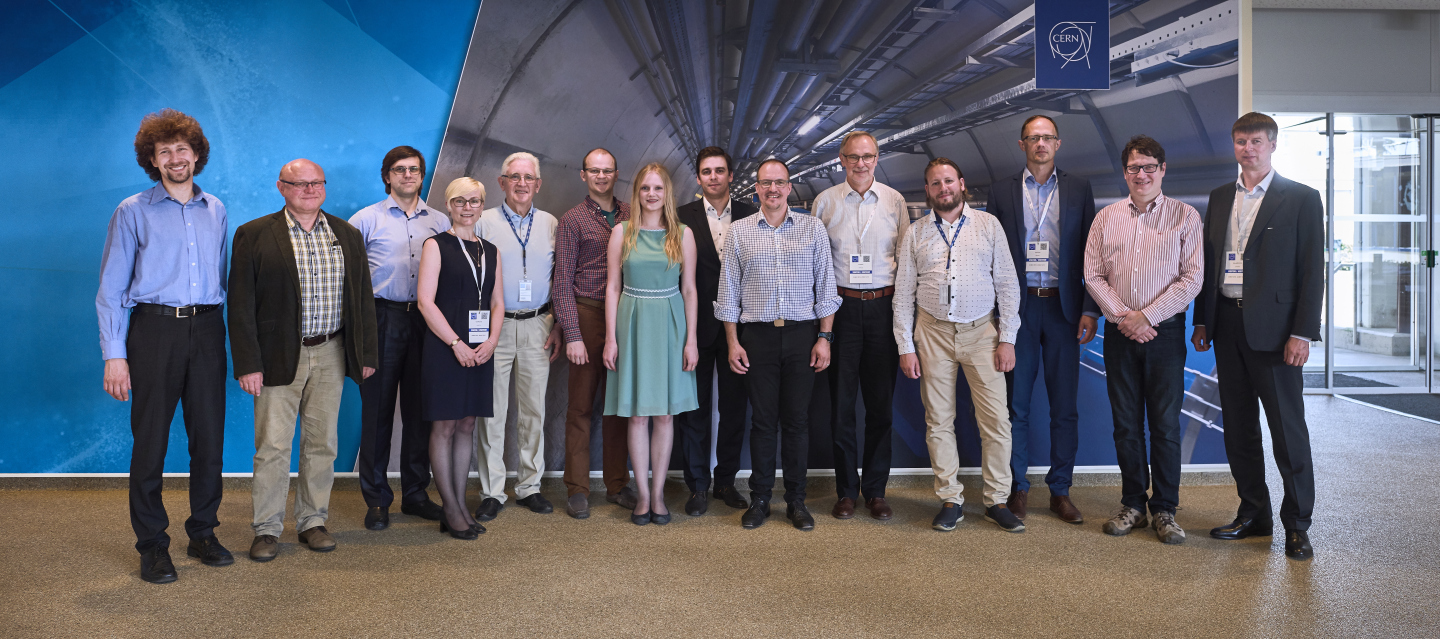Baltic universities set up a CERN collaboration team
 Latvian, Estonian, and Lithuanian universities have officially established a CERN Baltic group to collaborate with the European Center for Nuclear Research (CERN). Major universities of the Baltic States signed a Memorandum of Understanding on Wednesday, May 29 in CERN headquarters in Geneva.
Latvian, Estonian, and Lithuanian universities have officially established a CERN Baltic group to collaborate with the European Center for Nuclear Research (CERN). Major universities of the Baltic States signed a Memorandum of Understanding on Wednesday, May 29 in CERN headquarters in Geneva.
The Memorandum is unique in the history of CERN, as none of the region's countries have yet been able to legally combine their efforts to coordinate their cooperation with the world's leading particle physics research, innovation, and scientific discovery centre.
After signing the Memorandum, CERN Baltic Group has been formally established, and includes all the universities of the region – Riga Technical University (RTU), University of Latvia, Riga Stradiņš University, Vilnius University, Kaunas University of Technology, National Institute of Chemical Physics and Biophysics, Tallinn, Tallinn University of Technology and the University of Tartu. RTU professor and Latvian representative at CERN Toms Torims became the chairman of the CERN Baltic Group.
Vilnius University’s vice-rector prof. Rimantas Jankauskas is certain, that the CERN Baltic group will strengthen the cooperation between CERN and Baltic universities as they develop their particle physics research further.
“Establishment of this group is a declaration to the CERN Council, that Baltic universities are determined to cooperate and coordinate their actions in scientific research and joint participation at CERN experiments. Lithuania is the first Baltic country to become an Associate CERN Member State; therefore we want to help our neighbours to prepare for their membership at this organisation”, R. Jankauskas said.
Lithuania is already a CERN Associate Member, but if Latvia and Estonia want to acquire a member-state status, they need to develop high-energy physics research in their countries. Therefore, the new CERN Baltic Group will create an international Master and PhD level study programmes in Particle Physics and Accelerator Technology to enable Baltic students to acquire the knowledge they will need for further cooperation with CERN. This unique interdisciplinary programme will combine basic and applied science; it is expected, that the students will be able to do some of their research at CERN laboratories.